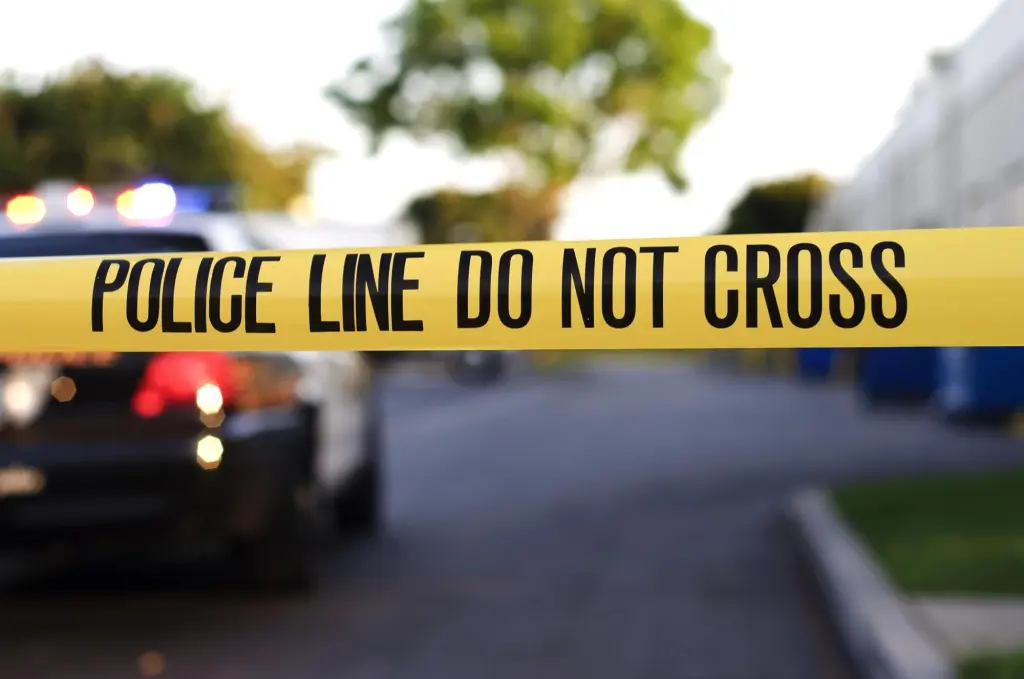
Gun violence long ago became a fixture in daily news reports in Virginia and across the country. On a single day this month, for example, local readers and TV viewers learned of three shootings in Hampton Roads overnight, the brutal death of political activist Charlie Kirk in Utah and the wounding of two students at yet another school shooting, this time in Colorado.
Perhaps it’s time that more Americans, particularly Virginians, learn more about a substantially underutilized method that might prevent at least some shootings — filing for an emergency order that enables law enforcement to take guns from, or block the sale of firearms to, people judged a danger to themselves or others.
These emergency substantial risk orders, available through what’s commonly known as the red-flag law, were approved by the General Assembly in 2020 and are now in place in 24 other states. (Neighboring North Carolina is not among them.)
Under the law, an attorney for the commonwealth or a law enforcement officer can ask a judge or magistrate to prohibit a person deemed a risk to themselves or others from possessing, purchasing or transporting a firearm.
The request can originate from a particular incident involving the person or from a concern raised by a loved one about an individual’s mental well-being. Weapons can be kept for 14 days, with the potential for a court to extend the seizure.
Virginia State Police report that 1,994 such emergency orders were granted from the law’s effective date in July 2020 through Sept. 2 of this year, according to Virginia Mercury columnist Roger Chesley. Of those, Fairfax County — the most populous locality in the state — had the majority, totaling 362 through this July.
That’s an average of under 500 orders a year in a state where 1,237 people died in a shooting in 2023 alone, according to the Johns Hopkins Center for Gun Violence Solutions. Of those, 475 were homicides, 730 were suicides and 32 were ruled accidents or a reason could not be determined.
It’s difficult to determine how many, if any, of those deaths or shootings resulting in serious wounds might have been prevented by an emergency order.
However, a study at Duke University in 2023 found that red flags can prevent one suicide in every 17 to 23 orders issued. A study by researchers at Columbia University, meanwhile, indicates that red flag law in Florida — enacted after the Parkland High School mass shooting — reduced homicides by 11%.
Locally, a red-flag order may have prevented a repeat of the mass shooting at a Chesapeake Walmart in 2022 that left seven people, including the gunman, dead and others wounded.
Shortly after, a Portsmouth resident posted images of weapons and a threat against another local Walmart on Facebook. An investigation led to an emergency order and seizure of the guns. No one was harmed.
But that’s the only time a red flag order has been issued in Portsmouth, and a recent records request by WVEC-TV indicates other cities here also use the law sparingly.
WVEC’s Alex Littlehales reported that the law has been used 379 times in our region since 2020, with Hampton (169) accounting for most, followed by Virginia Beach (58).
The red-flag law isn’t without controversy — few things involving guns are — but the evidence indicates emergency orders help stabilize volatile situations, especially for people undergoing a mental health crisis and contemplating suicide.
Fairfax County, the most frequent user of the law, appears to be the locality in Virginia making the greatest effort to spread the word about the availability of emergency orders. It has a dedicated website and a related “Prevent a Gun Tragedy. Speak Up!” public relations campaign.
Leaders across Hampton Roads should look at replicating that initiative to make more citizens aware of the help they can obtain for troubled loved ones. A simple call might prevent a tragedy in an era when we all witness far too many.



